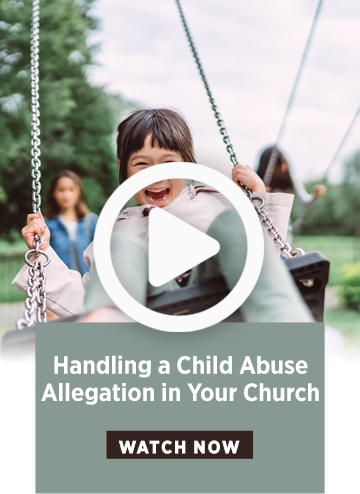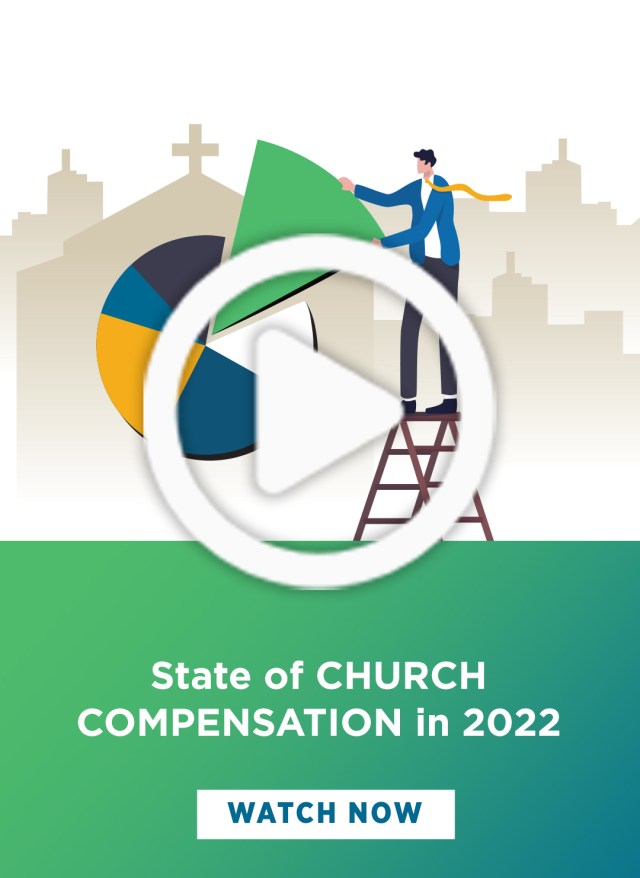• Key point: Church-operated schools ordinarily cannot be sued for “educational malpractice.”
• A federal court in Colorado dismissed a parent’s lawsuit alleging that a church-operated high school and several affiliated denominational agencies were guilty of educational malpractice. The parent was opposed to certain teachings and activities at the school that he claimed were in violation of church teachings. The court dismissed these claims on the ground that “Colorado does not recognize a claim for educational malpractice” and that courts in other states have “consistently refused to recognize educational malpractice” claims. Further, the court insisted that the parent’s claim that his child received a “substandard Biblical Christian education” because of various alleged teachings and practices could not be resolved by the civil courts. It observed that any resolution of whether the child “was provided an adequate Biblical Christian education in accordance with the tenets of [her church] is barred by the first amendment [guaranty of religious freedom].” Finally, the court rejected the parent’s claim that his daughter had been subjected to an “atmosphere of sexual harassment” at the school in violation of Title VII of the Civil Rights Act of 1964. The court observed that Title VII only applies to the employer-employee relationship, and not to teachers and students. Houston v. Mile High Adventist Academy, 846 F. Supp. 1449 (D. Colo. 1994).
See Also: Incorporation and Tax Exemption
© Copyright 1995, 1998 by Church Law & Tax Report. All rights reserved. This publication is designed to provide accurate and authoritative information in regard to the subject matter covered. It is provided with the understanding that the publisher is not engaged in rendering legal, accounting, or other professional service. If legal advice or other expert assistance is required, the services of a competent professional person should be sought. Church Law & Tax Report, PO Box 1098, Matthews, NC 28106. Reference Code: m65 m40 m86 c0195




